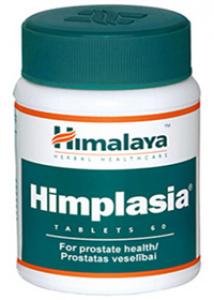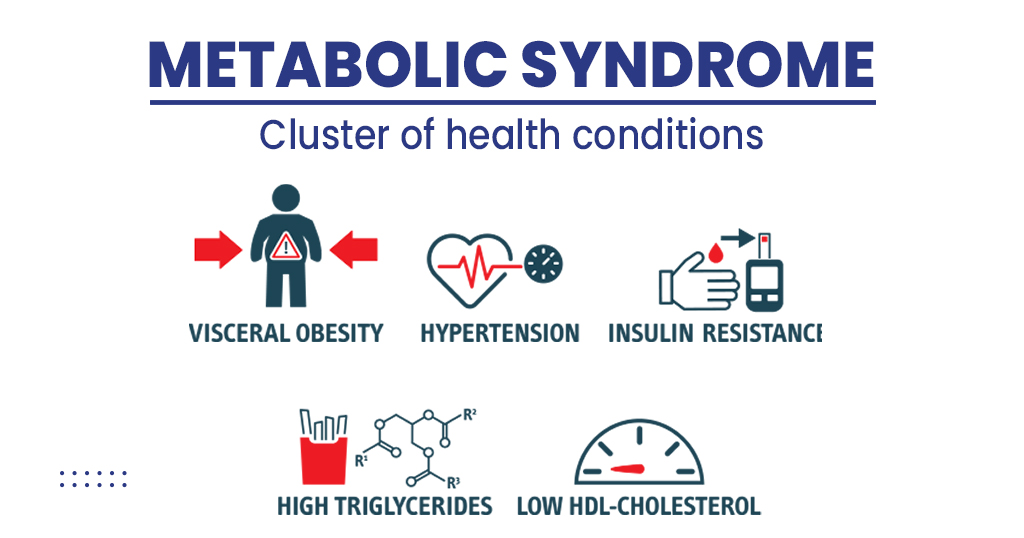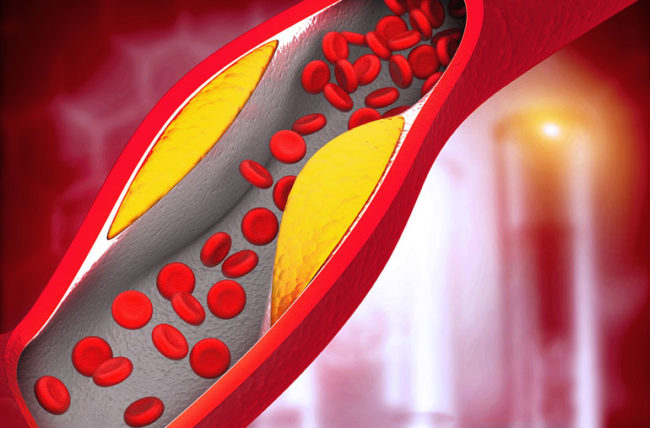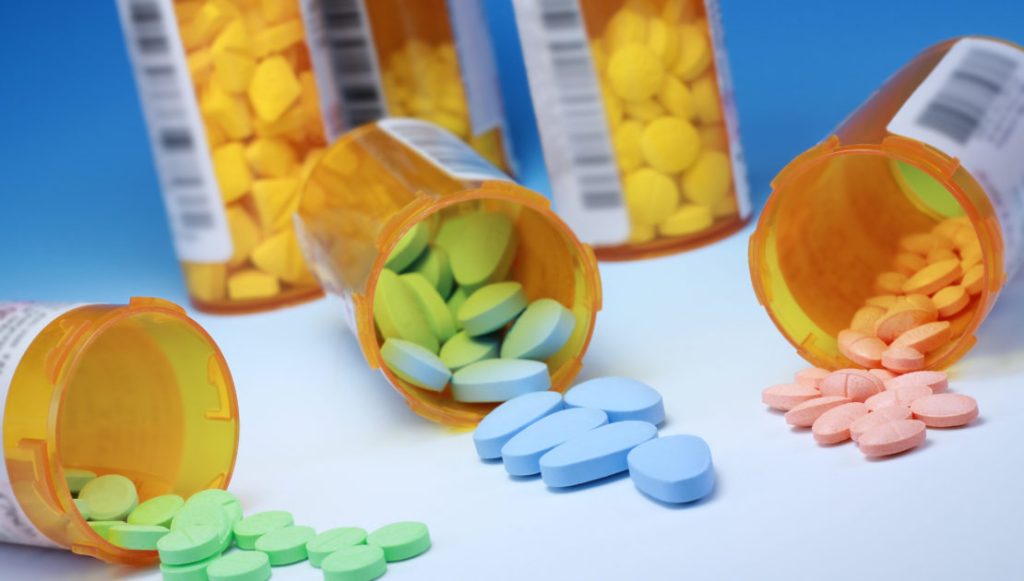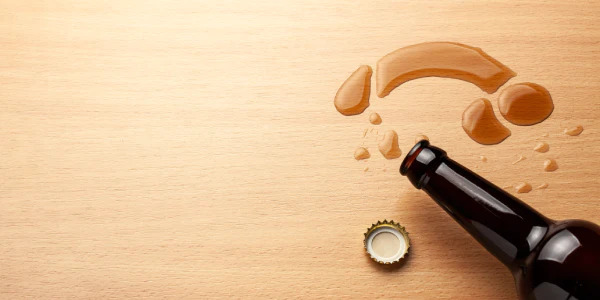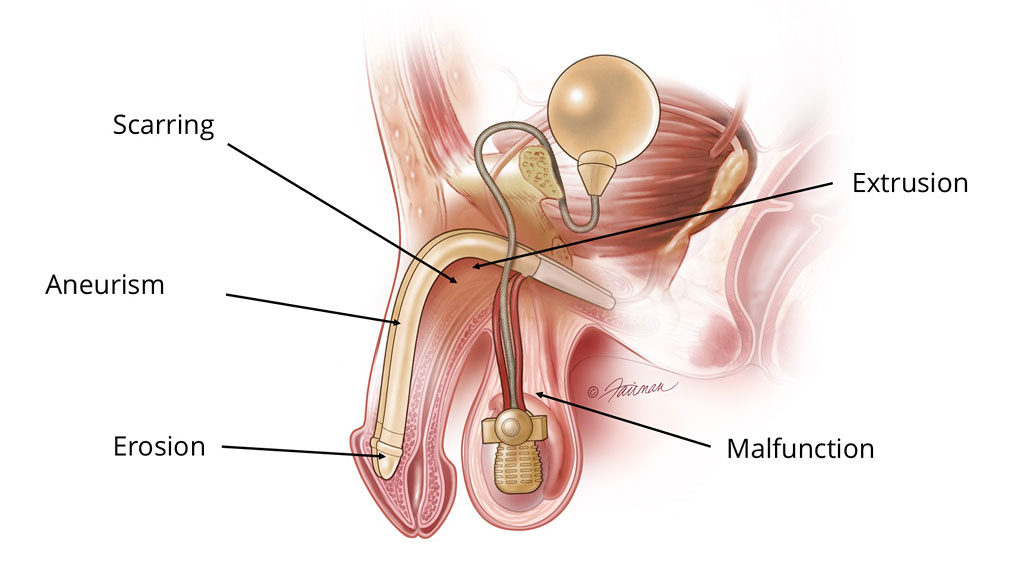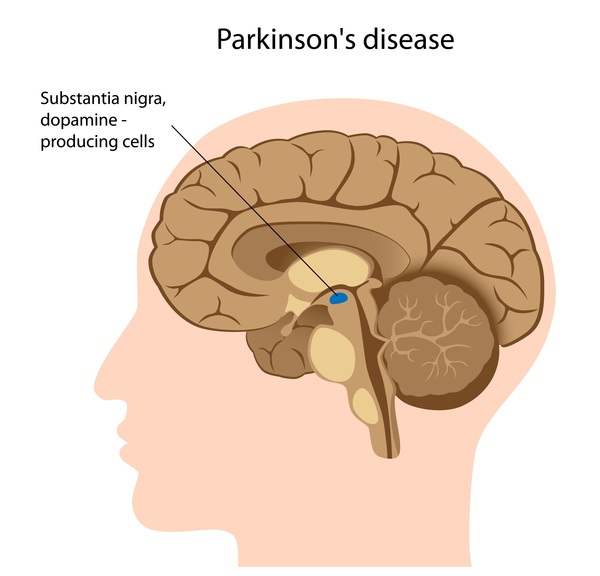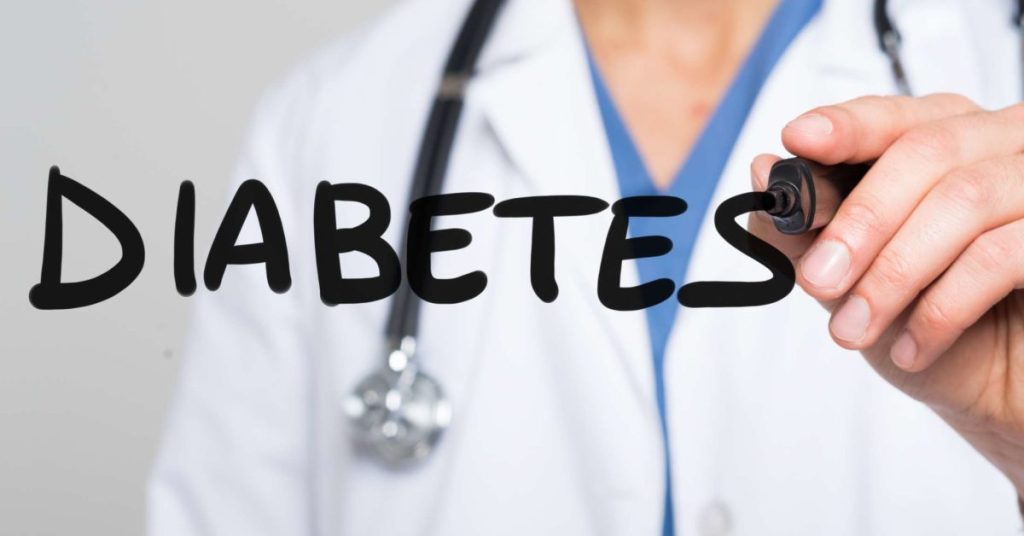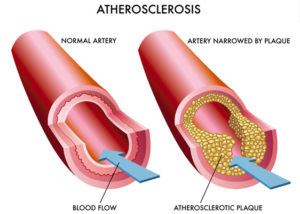What is erectile dysfunction?
Erectile dysfunction is basically a disorder found in men which could be a sign of physical or psychological condition. The symptoms associated with this disorder is found in men’s reproductive organ i.e. inability to keep an erection firmer and longer enough during a sexual activity.
Erectile dysfunction is a treatable disorder which includes many possible methods such as natural remedies, alternative medicine, and prescription drugs. In this article, natural remedies for erectile dysfunction will be discussed.
Causes of Erectile dysfunction
There are many factors involved in male sexual arousal, including hormones, emotions, nerves, muscles, and the blood vessels. There are a number of factors that can contribute to erectile dysfunction. It is also possible for erectile dysfunction to be caused or worsened by stress and mental health concerns.
In some cases, erectile dysfunction is caused by a combination of physical and psychological factors. In some cases, anxiety about maintaining an erection may be caused by a minor physical condition that slows down your sexual response. A result of this anxiety may exacerbate the problem of erectile dysfunction or lead to it.
Following are multiple reasons due to which men may experience erectile dysfunction.
- Diabetes, especially uncontrolled type 2 diabetes
- High blood pressure
- Atherosclerosis (hardening of the walls of the arteries)
- Chronic kidney disease (CKD)
- Fatigue
- Drug abuse
- Excessive alcohol or tobacco consumption
- Certain medications (antidepressants, blood pressure medications, sedatives, appetite suppressants, or medications to treat prostate cancer)
- Injury to the brain or spinal cord
- Psychological issues, such as anxiety, stress, or depression, or relationship problems
- Radiation therapy to the testicles or pelvic region
- Hypogonadism (reduced levels of the male hormone testosterone)
- Multiple sclerosis
- Stroke
- Parkinson’s disease
- Obesity
- Surgeries on the bladder or prostate
- Lack of physical activity
Natural remedies for erectile dysfunction
For erectile dysfunction treatment, there are a number of natural remedies available. These include changes and modification in lifestyle such as regular diet and exercise. Also, seeking a healthy relationship counselling and mental health therapy are important aspects of this remedy.
It is always advisable to discuss the matter with a doctor before beginning with a new treatment. This can help in identifying the ED cause as well as effective treatment options be it natural, conventional, or combination of both.
There are a number of natural remedies that provides a positive impact on symptoms of erectile dysfunction. Such natural remedies include Sleep, exercise, Diet, weight loss, psychotherapy, avoiding alcohol and other substance abuse, sex therapy, etc.
Lets discuss about diet that include beneficial food to tackle erectile dysfunction.
In addition to psychological factors, food can also help improve erections since the swelling of the penis is a physical process as well. It is specifically as follows that a man’s mind and body go through when he gets an erection:
- The brain sends messages to the nerves in and around the penis when he experiences mental and sensory stimulation.
- As a result of the nerve messages, the muscles within the corpora cavernosa relax. Muscles surrounding the shaft and head of the penis are included in the corpora cavernosa. The blood flows more easily into them when they are relaxed.
- After the blood has filled the spaces inside the penis, it expands and grows erect.
- The tunica albuginea, which surrounds the corpora cavernosa, traps blood inside the penis, helping the penis to stay erect.
Even though nitric oxide plays a key role in relaxing the smooth muscles in the penis, nerve signals begin the process. A large amount of nitric oxide is released in the penis, and it regulates blood flow and smooth muscle tone. Following list of foods contains at least one of the three benefits mentioned below.
- blood flow improvement
- Contain nitric oxide
- Contain a precursor of nitric oxide called arginine
Following are some of the foods that can help a man stay erect and also works as a treatment for erectile dysfunction.
1. Watermelon
Watermelon also contains citrulline, another precursor of nitric acid. Due to its dilation and relaxation of the blood vessels, it makes it easier for blood to flow into the penis.
Citrulline, which is found in watermelon, is similar to that which is found in cucumber, bitter melons, and gourds, which are also good for penis health.
2. Leafy Green vegetables
The high nitric oxide content in spinach helps arteries expand and fill up with blood, just like other hard erection foods. Spinach served in a soup with onions, chicken broth, black pepper, and low-sodium chicken broth significantly improved nitrate levels in participants while adding only 94 calories.
In addition to providing nutrition for your erection, spinach and other green, leafy foods like kale and arugula provide health benefits for your entire body, including your penis.
3. Coffee
Coffee is another food that promotes penis growth. There are fewer than five calories in it-at least until you add sugar and cream-so it’s one of the lightest erectile dysfunction foods.
Several studies have found that men who drink between 170 and 375 milligrams (mg) of caffeine each day, or 2-3 cups approximately, experience fewer problems with erectile dysfunction. Caffeine fills up the penis because it relaxes the smooth muscles, making blood flow more freely.
4. Dark chocolate
Chocolate is an effective food for strong erections due to its flavanol content, which enhances blood flow. You can gain weight if you eat too much dark chocolate because it may contain high levels of sugar and fat.
155 calories and nine grams of fat are in an ounce of dark chocolate, so it may not be a healthy choice when it comes to important foods for erections.
5. Salmon
Because salmon is rich in vitamin D, it is one of the best foods for getting erect. Approximately 80% of vitamin D is obtained from sunlight, so if you’re not able to get outside as much as you’d like, salmon can supplement your vitamin D intake.
It has been proven that vitamin D helps prevent endothelial dysfunction, which occurs when blood cannot flow properly through your arteries, vessels, and organs. Salmon can help you get and keep a strong erection in these types of climates.
6. Pistachios
Pistachios contain arginine, which is an excellent food for helping the penis grow. This process helps regulate blood flow to the penis and other parts of the body because arginine encourages the production of nitric oxide.
7. Almonds, Walnuts, and Other Nuts
Nuts like almonds, walnuts, and other varieties of nuts are rich in high-density lipoprotein (HDL), also known as “healthy cholesterol.” This cholesterol absorbs bad cholesterol and carries it back to the liver.
It blocks the flow of blood to your organs, including the penis, when toxic cholesterol gets stuck in your arteries. Walnuts, almonds, and other nuts provide your body with the nutrients to get bad cholesterol out of your body and into your liver for disposal.
8. Oranges and Blueberries
Oranges and blueberries share one important characteristic with dark chocolate i.e. they are both packed with flavonoids. As a result, they are among the best foods for erectile dysfunction. Blood flow is increased when flavonoids are present, which leads to engorgement of the penis after stimulation.
Oxford University researchers found that flavonoid-rich foods significantly reduced the likelihood of erectile dysfunction by between 9 and 11%.
There could be other food such as spicy and hot foods that carries certain ingredient that helps in improving the flow of blood in to the penis.
A number of studies have also found a direct correlation between low testosterone symptoms in men and the ease with which they are able to get and maintain an erection.
REFERENCES:
For more details, kindly visit below.
